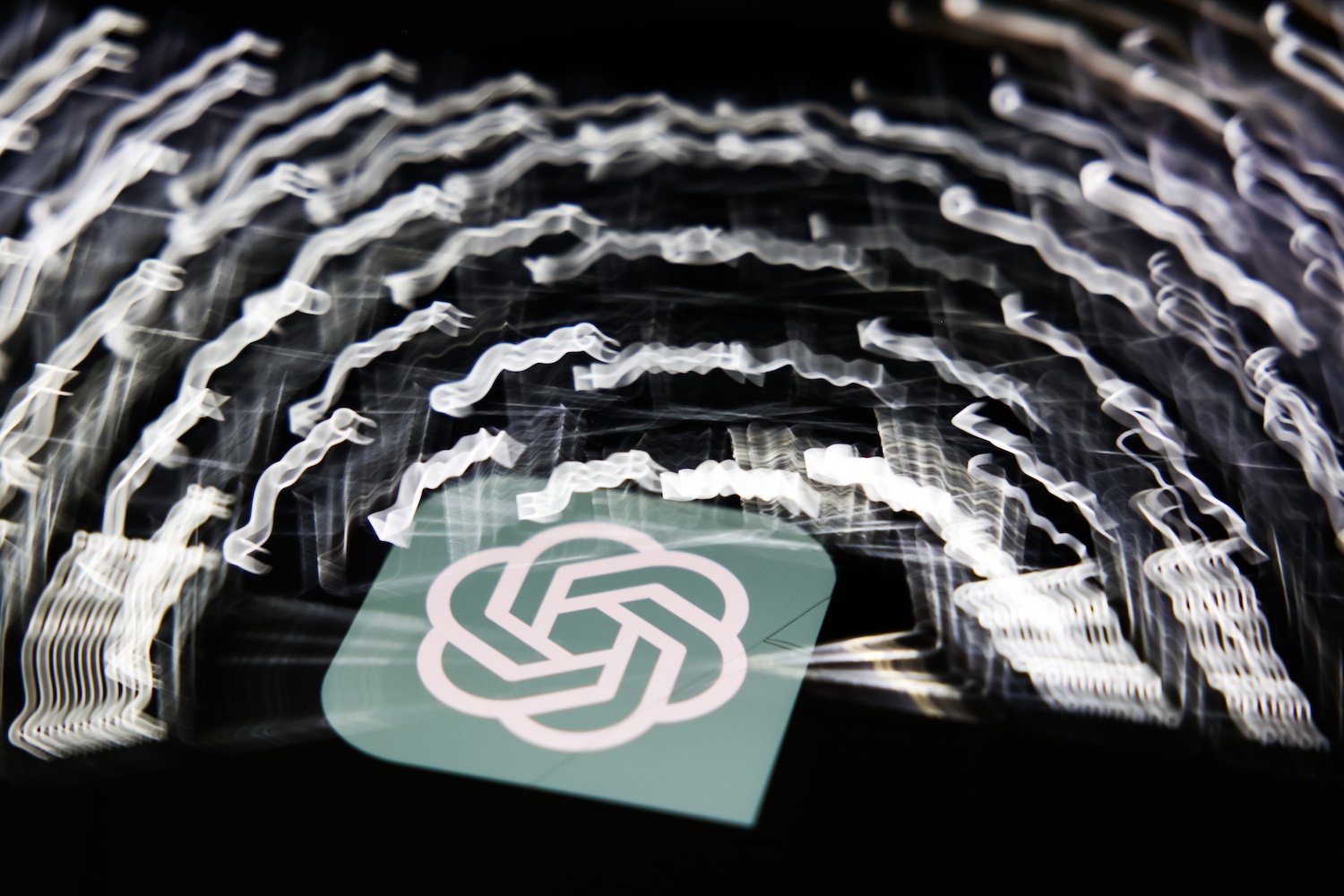OpenAI has introduced Codex, an AI-powered coding tool integrated into ChatGPT, with the potential to transform software development. Announced on Thursday, Codex promises to empower developers of all skill levels, raising questions about the future of coding professions. This article explores the capabilities, potential impact, and safeguards of this innovative technology.
Codex: Your AI Coding Assistant
Codex operates within ChatGPT, responding to user prompts to generate code. Users simply input a request and click “Code.” Beyond code generation, Codex can read, edit, and execute computer files, even answering questions about existing codebases through an “Ask” function. OpenAI estimates task completion times between 1 and 30 minutes, depending on complexity.
Auditing and Integration
Codex offers a fully auditable workflow, allowing users to track each step through terminal logs and test outputs. This transparency ensures clear visibility into the AI’s actions. The generated code runs in an isolated environment, facilitating seamless integration into local environments or uploading to platforms like GitHub.
Automation and the Coder Economy
Codex joins a growing trend of AI-driven code automation, potentially impacting the demand for skilled coders. This raises concerns about the future of the coding job market, as junior developers equipped with Codex might challenge the need for experienced engineers.
Security and Safeguards
While the accessibility of Codex presents opportunities, it also raises concerns about potential misuse for malicious purposes. OpenAI claims to have implemented safeguards against malware development. These measures reportedly identify and reject requests for malicious software while supporting legitimate coding tasks. However, the specifics of these safeguards remain unclear.
Availability and Pricing
Currently in a research preview, Codex is available to ChatGPT Pro, Enterprise, and Team subscribers at no additional cost. OpenAI plans to introduce rate-limited access and flexible pricing options for increased usage in the future. Wider access may also become available.










